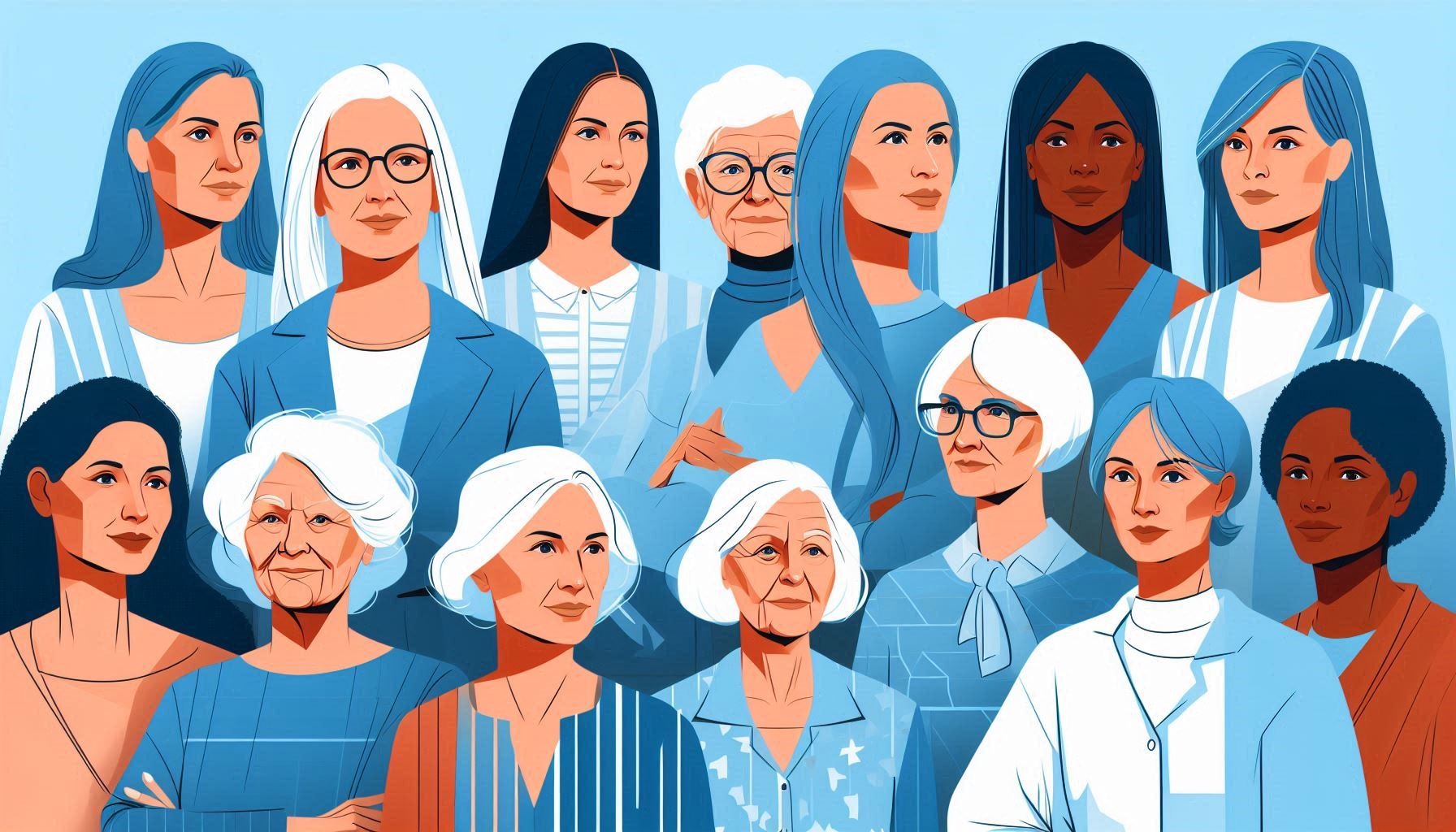
Opinion
Women are revolutionising philanthropy – here's how you can play a part
by Catherine Holden and Tim Wells - 6 March 2025

Opinion
Women are revolutionising philanthropy – here's how you can play a part
by Catherine Holden and Tim Wells - 6 March 2025
As International Women’s Day approaches on Saturday 8 March, we’ve taken a moment to reflect on women’s role in the shifting landscape of philanthropy.
With the Great Wealth Transfer underway, women are poised to inherit an unprecedented amount of wealth. Projections indicate that the next 40 years will see women inherit 70 percent of an anticipated $41 trillion intergenerational handover. Female entrepreneurs are innovating and building pioneering businesses. Globally around 10 per cent of ultra-high-net-worth individuals (UHNWIs) are now women – including 369 of Forbes’s 2024 list of billionaires.
Historically, philanthropy has been dominated by men. However, as women gain increasing economic power, they are giving more, more regularly, and reshaping the sector.
Research suggests that women approach philanthropy differently. They typically invest more time in researching charitable causes before making decisions. They often seek a deeper level of communication with organisations and beneficiaries. And they place significant importance on the impact of their gifts.
Collective giving is also on the rise, especially among women who are increasingly embracing the power of collaborative philanthropy. Approximately 70% of giving circles are now majority women, who value the shared decision-making and mutual support that come with pooling resources. By joining forces, they are amplifying their collective impact on the causes they care about.
Let’s consider three examples of women leading transformational change in philanthropy:
There are of course many individual women demonstrating extraordinary philanthropic leadership – from Dame Vivien Duffield in the UK, whose estimated giving exceeds £200 million, to Melinda French Gates, who last year pledged an additional $1 billion to advance women’s health and influence globally, and MacKenzie Scott, whose giving is estimated to be around $15 billion. Alongside them sit a growing force of unsung heroines of philanthropy, whose everyday contributions fuel transformative change.
So what can charities learn from this?
Here are four strategies for organisations looking to engage and empower female donors:
In summary, the future of philanthropy is changing, with a new generation of empowered and proactive women coming to the fore. Recognising and embracing their unique contributions could expand funding possibilities to drive lasting, positive change.
For more insights on giving by and to women, check out: